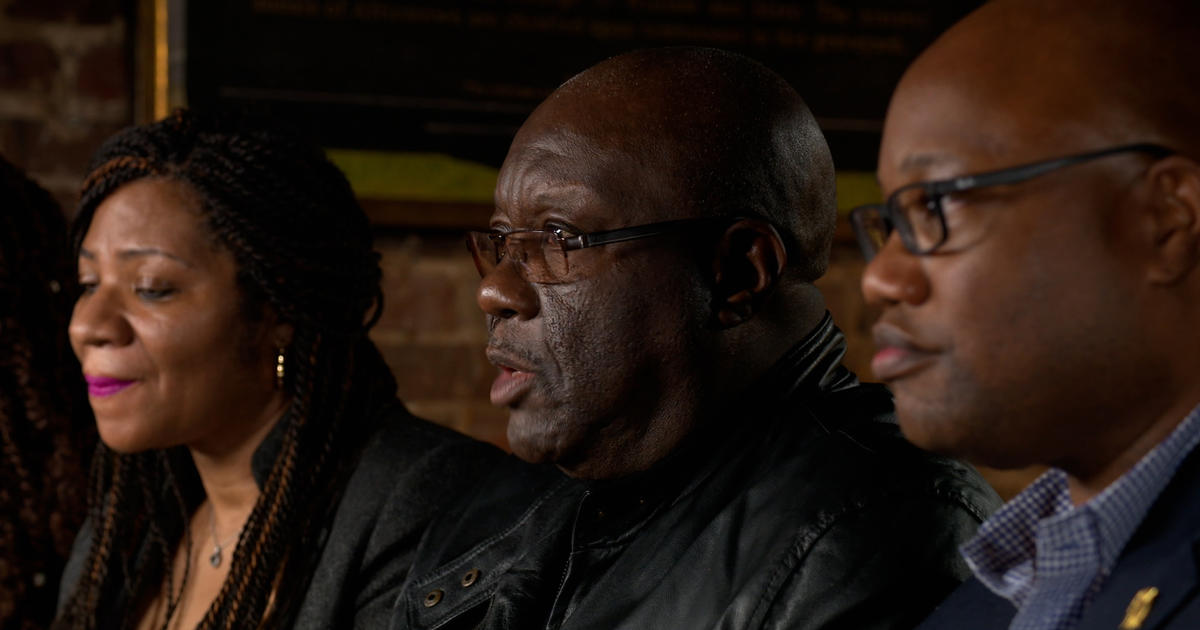
The recent discovery of the Clotilda, the last known slave ship to arrive in America, adds new depth and drama to a 160-year-old story about the only American town founded by Africans still in existence. People who descended from the 30 slaves from the Clotilda who founded Africatown in Mobile, Alabama, want to preserve the memory of their ancestors and the tiny enclave that is their legacy. Anderson Cooper reports on the Clotilda and its legacy on the next edition of 60 Minutes, Sunday, November 29 at 7:30 p.m. ET and 7 p.m., PT on CBS.
The Clotilda, found two years ago sunken in the muddy waters of the Mobile River, docked in 1860 carrying an illegal load of human cargo. Slavery was still legal in the U.S. South, but the importation of slaves had been outlawed since 1808. The ship had been purposely burned and sunk to hide the crime. The story of the Clotilda is among the most well-documented slave voyages in history. The names of its captives and their stories have been passed down for generations.
Darron Patterson’s ancestor, Kupollee, was one of the 110 men, women and children forced into the ship’s cramped cargo hold. “No clothes. Eating where they defecated. Only allowed out of the cargo hold for one day a week for two months,” says Patterson. “How many people do you, do we know now that could’ve survived something like that, without losing their mind?”
Africatown has a cemetery where some of the people who arrived on the Clotilda are buried. There have been festivals celebrating the history of the Africatown community, which boasted the first Black school in Mobile. But mostly gone are the Black-owned businesses that once formed its core. “We had a gas station. We had a grocery store, post office, all that was a booming area of black-owned business,” says Cassandra Wallace, who descended from Kossulu, a man enslaved aboard the Clotilda who was renamed Cudjoe Lewis. The history was instilled in Wallace, she says. “Very important… My dad sat us down and he would make us repeat Kossulu, Clotilda, Cudjoe Lewis,” she tells Cooper.
Much of the old town disappeared when an interstate highway was built through it. The surviving neighborhoods are shadowed by factories and chemical plants. The Clotilda descendants Cooper spoke to hope the discovery of the shipwreck will bring awareness and new hope for revitalization of the land their ancestors founded. Alabama plans to build a welcome center in Africatown and has promised $1 million for further excavation of the ship.
“We have to do something to make sure that the legacy of those people in that cargo hold never ever is forgotten,” says Patterson. “Because they are the reason that we’re even here.”
